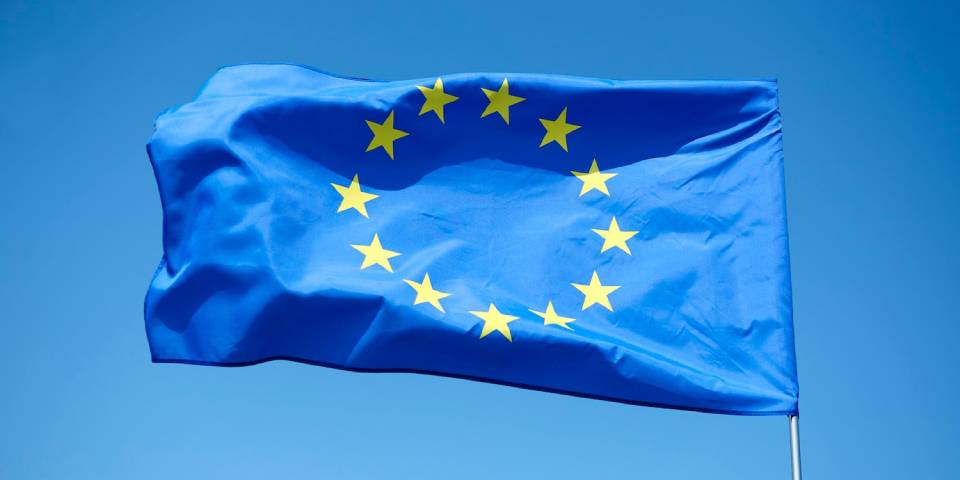We have highlighted the following pieces of legislation of EU which are relevant to free and open source software (FOSS).
1. The Artificial Intelligence Act
Regulation (EU) 2024/1689 of 13 June 2024
“Free and open-source licence” is defined in recital 102:
“Software and data, including models, released under a free and open-source licence that allows them to be openly shared and where users can freely access, use, modify and redistribute them or modified versions thereof (…) The licence should be considered to be free and open-source also when it allows users to run, copy, distribute, study, change and improve software and data, including models under the condition that the original provider of the model is credited, the identical or comparable terms of distribution are respected.”
More information on EU AI Act
2. Cyber Resilience Act
Recital 10 states:
“Free and open-source software is understood as software the source code of which is openly shared and the licensing of which provides for all rights to make it freely accessible, usable, modifiable and redistributable.”
3. Interoperable Europe Act
Regulation (EU) 2024/903 of 13 March 2024
Article 2(12) states:
“(12) ‘open source licence’ means a licence whereby the reuse, redistribution and modification of software is permitted for all uses on the basis of a unilateral declaration by the right holder that may be subject to certain conditions, and where the source code of the software is made available to users indiscriminately;”
4. The EC’s Open Source Strategy 2020-2023
Open Source Software Strategy 2020 – 2023, C(2020) 7149
“Free and open source software: Open source software (or free software) combines copyright and a licence to grant users the freedom to run the software, to study and modify it, and share the code and modifications with others.”
5. The 2021 Commission Decision on open source licensing
Commission Decision of 8 December 2021 on the open source licensing, 2021/C 495 I/01
Article 2, Definitions:
“‘open source licence’ means a licence whereby the reuse of software is permitted for all specified uses in a unilateral declaration by the rightholder, and where the source codes of the software are made available for users;”
and
“‘standard open source licence’ means an open source licence generally recognised as such by open source organisations;”
Useful links:
-
Digital Public Goods
-
Digital/internet commons (EU)
-
Digital technologies in Civic Tech and GovTech
-
Civic Tech and Civil Society
-
Public sector. Open Source Solutions
-
Civic technology. Open Source Solutions
Source:


